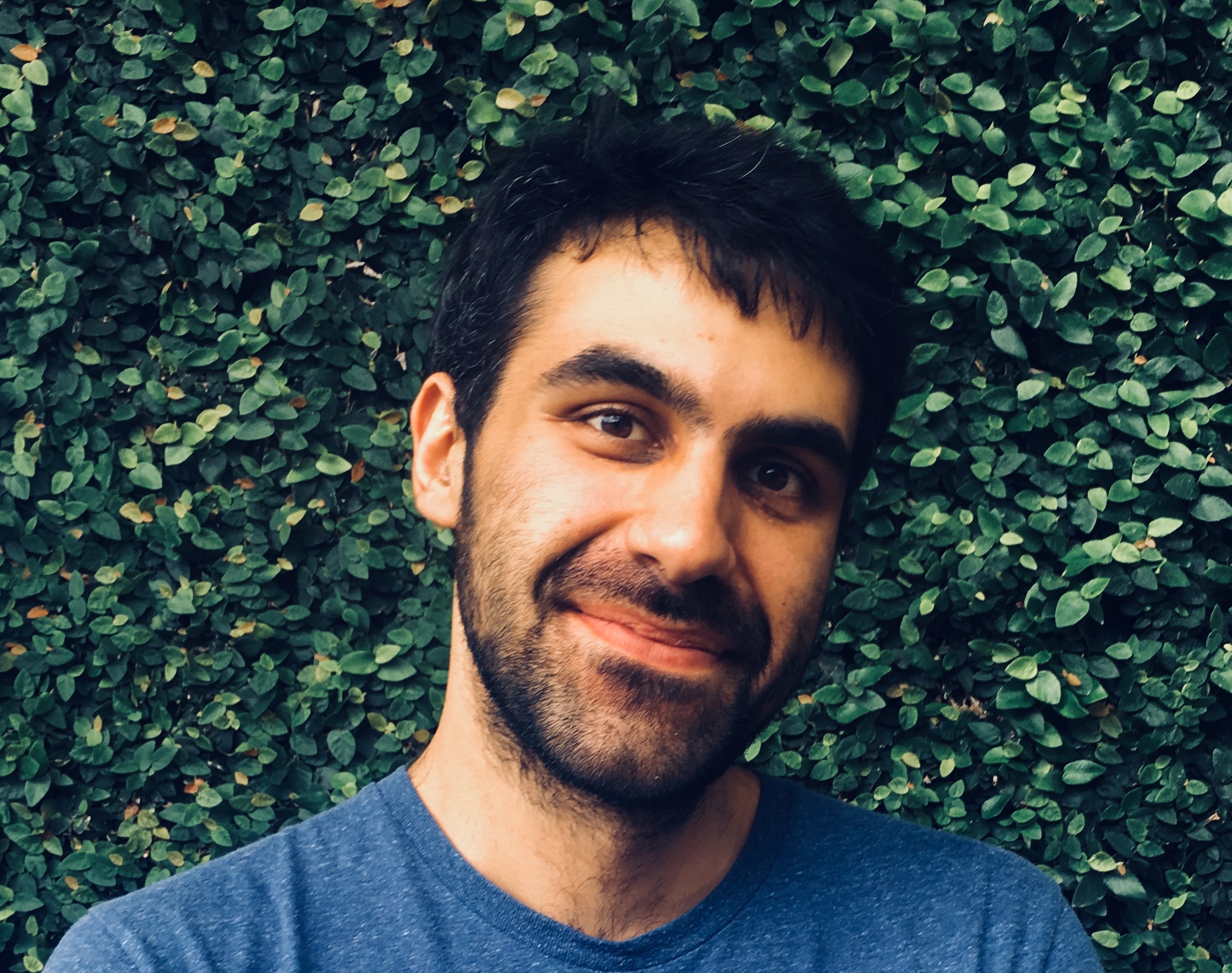Interview with Alexandros Eskenazis, CNRS junior researcher
Portraits
Interview with Alexandros Eskenazis, recruited junior researcher at CNRS in 2021, a member of the Institut de mathématiques de Jussieu - Paris rive gauche (IMJ-PRG - CNRS/Sorbonne Université/Université Paris Cité).
What is your research domain?
A large part of my research focuses on the study of geometric objects using analytic and probabilistic tools. More concretely, I am working on metric embeddings, high-dimensional convexity, analysis of Boolean functions and some aspects of probability. The common feature of all these fields is that the underlying objects are of large (finite) dimension, in an appropriate sense: convex sets live in high-dimensional Euclidean spaces, discrete metric spaces consist of finitely many points and Boolean functions depend on many bits of plus/minus ones. We are interested in phenomena arising in the study of these objects which depend quantitatively on their size and structure. Recently I have also been working on the fruitful connection of these subjects with theoretical computer science.
What did you do before joining the CNRS?
I did my undergraduate studies at the University of Athens and my PhD at Princeton University, in the US. After graduating I was an FSMP postdoc in Paris and a Junior Research Fellow at Trinity College, Cambridge.
Are there mathematicians which influenced you, or that you admire particularly?
Several names come to mind. I was first exposed to my field of research by the excellent teaching of Apostolos Giannopoulos during my studies in Athens. At Princeton, I was supervised by Assaf Naor, the interaction with whom was decisive in shaping my taste and perspective in maths. Moreover, Gilles Pisier, who is an emeritus professor in our équipe in Jussieu, has been a great inspiration through his work and contributed to my decision to come to France in the first place.
Are there place or encounters that were decisive in your career? Or findings that had a profound effect on the way you do mathematics?
I think that I am quite collaborative in research, so my “approach” is being enriched after every new joint project. I have definitely learned a lot from the interactions with all my collaborators to date and hope that this will continue in the years to come.
What do you expect as a mathematician?
I will be happy as long as I keep producing results which I find interesting and communicating them in a way that the community receives them well.
Why choose the CNRS ?
There are in fact several reasons. As a chargé de recherche at CNRS, I have the privilege of focusing on ambitious projects with minimal distractions and the freedom to pursue them on my own terms. Another incentive to apply for a CNRS position was the prospect of returning to the Équipe d’Analyse Fonctionnelle of IMJ-PRG, which is a truly wonderful community of scientists and a great environment to work in. Finally, mentioning the obvious, living in Paris and enjoying all the city has to offer is a great bonus.

Contact
Alexandros Eskenazis is a CNRS junior researcher. He is a member of the Institut de mathématiques de Jussieu - Paris rive gauche (IMJ-PRG - CNRS/Sorbonne Université/Université Paris Cité).
